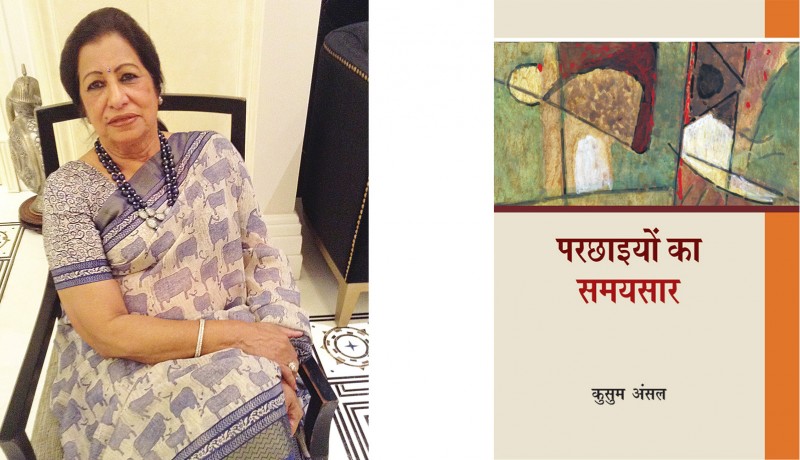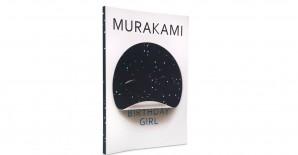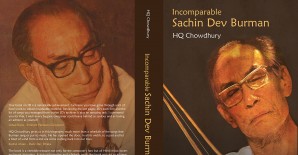
Etcetera

A prolific writer, Kusum Ansal is a chronicler of women’s lives. Her vast repertoire comprises short stories, poems, teleplays, travelogues and novels. While her novel Ek Aur Panchvati dealt with a woman’s right to seek happiness elsewhere in an unhappy marriage, The Widow of Vrindavan put the spotlight on the forgotten widows of the temple town. Ansal’s books in Hindi, Punjabi and English have been translated into languages such as Bengali, Urdu, Russian, Greek and French.
Foraying beyond the print medium, Ansal has dabbled in television, radio and theatre. Ek Aur Panchvati was adapted into a film—Panchvati—by Basu Bhattacharya, starring Deepti Naval and Suresh Oberoi. Incidentally, Ansal wrote the screenplay and dialogues for the film.
She has also been actively involved with organisations working in the fields of education and social service and has helmed the Federation of Indian Chambers of Commerce and Industry’s women’s wing—FICCI Ladies Organisation (FLO). Ansal is the recipient of several awards including the Priyadarshani Award in 1988, Sahitya Akademi Punjabi Award in 1997 and the International Women Entrepreneurial Challenge Award in 2010.
Holder of a master’s degree in psychology from Aligarh Muslim University and a PhD in Hindi Literature from Punjab University, the 77 year-old recently led a discussion attended by Delhi’s literati at the Sahitya Akademi on her novel Parchaiyon ka Samaysar. In an interview with Raj Kanwar, Ansal talks about books, theatre and her love for ikebana. Excerpts:
What is your latest book Parchaiyon ka Samaysar about?
Parchaiyon ka Samaysar deals with how death can change our perception of life. It is the story of a wife who waits in the hospital while her husband is sinking. The various people she encounters there help her understand life and herself better.
Which was your first book?
My first novel Udhas Aankhe was published in 1975 by Star Publication. After that I wrote Ek Aur Panchvati, which was adapted by Basu Bhattacharya on the big screen. It was a critically acclaimed film and was shown at many film festivals.
You have been so prolific. Which is your favourite work?
In Hindi, my favourite book is my novel Tapasi; in English, it’s The Widow of Vrindavan, which deals with the plight of widows in India. It was born out of my pilgrimage to Vrindavan, where I came across starving and helpless widows. Shorn of identity and self-respect, they are forced to do six hours of jaap, after which they are paid only two rupees and given two rotis. Their condition is no less than that of a beggar. With shaven heads and tattered clothes, they are exploited at every level—spiritual and physical. Their dehumanisation inspired me to write the novel.
You have also dabbled in screenplays.
I wrote three television serials, of which Titliyan was very well-received. Working on the screenplay of the movie Panchvati and the serials was a great learning experience. It not only enriched my intellect but satisfied me creatively.
How have you evolved over the years?
I knew I was not cut out for any business as I possessed the sensitivity of a writer. I had written two novels and some poems during my college days. Books and education were my only obsession. So after marriage, along with my father-in-law I got involved in our schools Gyan Bharti and Chiranjiv Bharti. For almost 14 years, I was actively engaged with these schools. Besides writing, I was also interested in theatre. I acted in Indian People’s Theatre Association’s (IPTA) play Ghalib for almost two years. That was a turning point in my life. The experience helped me realise how much I valued my creative life and personal space. It was a huge step for me as I had been a housewife in a huge joint family for years. I am happy I was able to break the barriers of traditional thinking. Thereafter, I took up writing seriously and got my books published. I went back to studies and in 1987 completed my PhD from Punjab University. To date, I have written 32 books.
You teach ikebana, the Japanese art of flower arrangement….
Yes, I am an avid nature lover. I did a teacher’s course in ikebana as I love flowers. I am an active member of the Sogetsu chapter of ikebana in Delhi.
How did you meet your husband Sushil Ansal?
Those were still conservative days and girls were not encouraged to meet boys on their own. Sushil, his father and two sisters with their respective husbands in tow visited Aligarh to see me. The sisters interviewed me and formally approved of me as their future bhabhi. Ours was an arranged marriage with traditional Hindu rituals. Sushil and I were neither introduced nor allowed to converse.
Both of you were 21 when you got married. How did you support each other during the initial days?
As I mentioned, ours was an arranged marriage. We were total strangers from completely different backgrounds. Was Sushil the ‘perfect man’ I had dreamed of? I had no option but to accept the unknown. We were both unexposed to the complexity of the world. But we learnt or, let me say, grew up together. We gradually captured each other’s hearts. We lived in a huge joint family where my mother-in-law and father-in-law along with Sushil’s teenaged sisters and school-going brothers were part of my responsibilities. It was a tough and trying period—Sushil was busy setting up a new business in real estate while I had to handle household chores and allied problems with limited resources and means. In between, I was blessed with my three children. I was only 27 then. I lived in that joint family for almost 16 years till both my sisters-in-law and brothers-in-law got married.
Tell us about your children and grandchildren.
I have three children: two daughters and a son. All my children are married and well-settled. I am blessed with three grandsons and three granddaughters.
Photo: Kusum Ansal Featured in Harmony — Celebrate Age Magazine March 2018
you may also like to read
-
Cracking the longevity code
Small yet impactful choices can be game-changers, writes Srirekha Pillai At 102, there’s no stopping Chandigarh-based Man Kaur, the world’s….
-
Home, not alone
While a regulatory framework is vital for senior-care facilities, the need of the hour is to develop an ecosystem to….
-
Birthday Girl
Published in a special edition to honour Japanese master storyteller Haruki Murakami’s 70th birthday, Birthday Girl (Penguin; Rs 100; 42….
-
A huge treat for music lovers
Published as the revised and updated second edition, Incomparable Sachin Dev Burman (Blue Pencil; Rs. 599; 470 pages) the authoritative….







